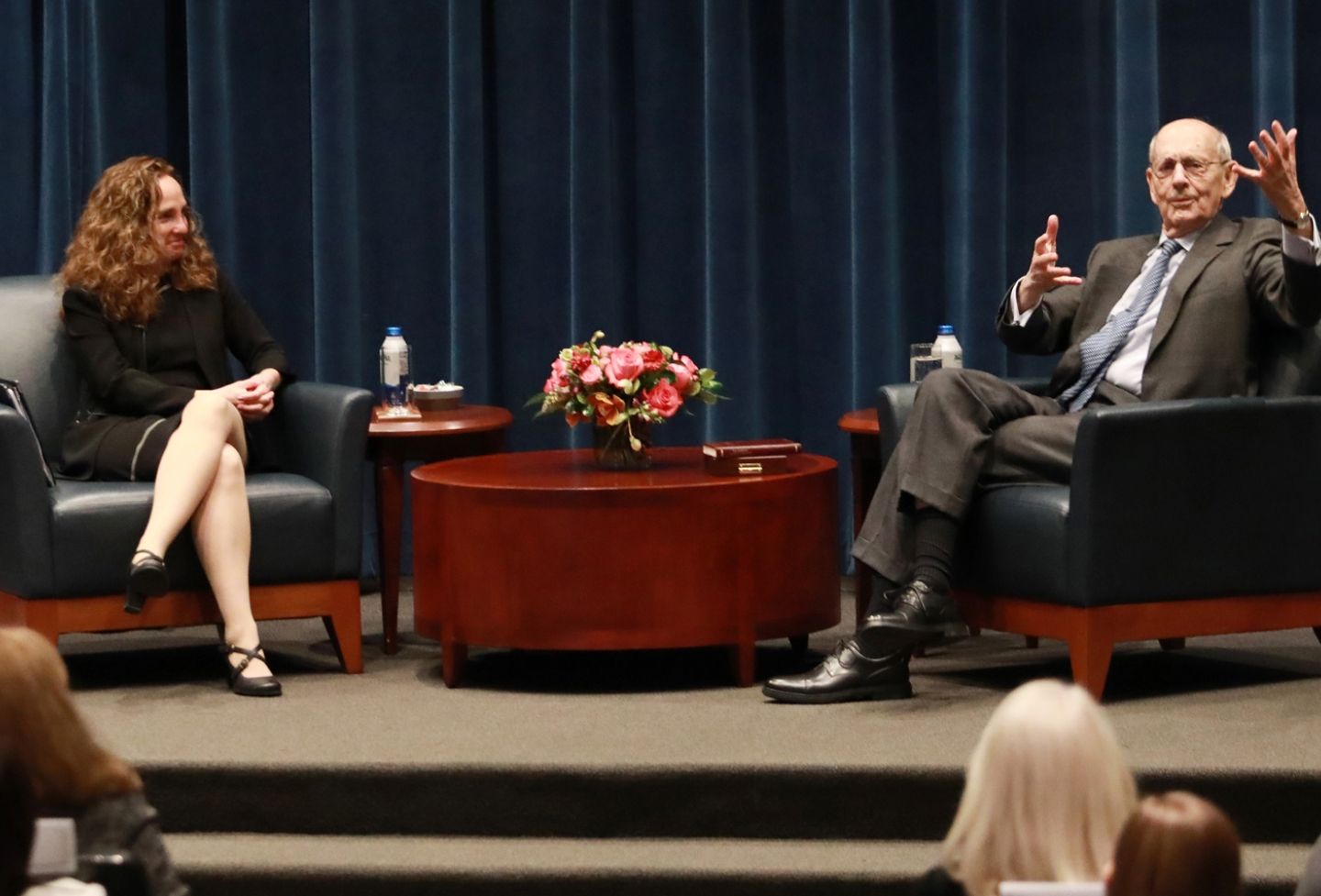With the appointment last November of Erica Y. Williams ’98 as chair of the Public Company Accounting Oversight Board — as well as three other new members — the board achieved a milestone: It marked the first time the agency had a nonwhite majority, and Williams is the first person of color to lead the board.
“I always think it is important for regulators to reflect the people they represent,” she said, “so I’m really proud that this is the most diverse board in PCAOB history.”
Members of the PCAOB, a nonprofit corporation established under the Sarbanes-Oxley Act of 2002, are appointed by the Securities and Exchange Commission, which oversees its operations. Williams assumes the chair with nearly 12 years of experience working at the SEC amid stints in private practice and one at the White House. She takes office with a lot on her plate. As its name suggests, the PCAOB’s mission is to oversee accounting for all publicly traded companies and registered broker-dealers in the United States and in more than 50 countries.
“We audit the auditors,” is how Williams put it, but the PCAOB’s full portfolio is broader than that. Indeed, it does ensure that accounting firms and broker-dealers comply with the latest accounting standards, but it also defines those standards for the industry and enforces violations.
“We want to further the public interest in preparing accurate independent and informative audit reports,” Williams said. “We want to make sure that when investors see the audits of public companies, they can rely on those audits and therefore rely on the financial information they receive from the public companies they are investing in.”
One current challenge Williams and the board face comes from companies based in China and Hong Kong, which trade in American markets but do not allow the PCAOB to audit their auditors. The Holding Foreign Companies Accountable Act of 2020 requires all companies listed on American stock exchanges to certify that they are not owned or controlled by the Chinese government. Furthermore, companies that do not allow the PCAOB to review their audits could be barred from selling on American exchanges. Williams says that negotiations with the Chinese government are ongoing and hopes that an agreement can be reached to resolve the dispute.
High-level accounting and securities work is not where Williams thought her career would lead, she admits. A Double Hoo who majored in sociology at UVA as an undergraduate, she was active in the Black Law Students Association and credits Professor Anne Coughlin, and a course Coughlin taught on feminist jurisprudence, for making her more confident and more of a critical thinker.
“I had more fun in law school than I think anyone is supposed to have,” she added.
Williams joined the D.C. office of Arnold & Porter as a litigation associate after graduation, but her desire for more trial work impelled her to take a job as assistant chief litigation counsel at the SEC in 2004. She rose through the ranks, serving as counsel to the chair and eventually becoming the SEC’s deputy chief of staff in 2012.
Williams might have remained at the SEC had she not gotten a job in the Obama administration in 2015. Williams worked as a special assistant associate counsel, advising the National Economic Council, the Council of Economic Advisors and other groups within the executive branch on financial and economic matters. One project that she said stood out was the Puerto Rico Oversight, Management, and Economic Stability Act, which created a financial oversight board to help the Puerto Rican government restructure its debt. When the Obama administration ended, she returned to private practice as a partner at Kirkland & Ellis before moving back into government and the PCAOB.
As chair of the PCAOB, Williams won’t have many opportunities to get into court, and she says she misses that. “When people ask me what my favorite job was at SEC,” she reflected, “my fondest memories are of standing up in court, saying, ‘Erica Williams on behalf of the Securities and Exchange Commission,’ and litigating cases to try to bring people to account for harming investors.”
“I’m just really glad to be back in public service, working to protect investors.”



